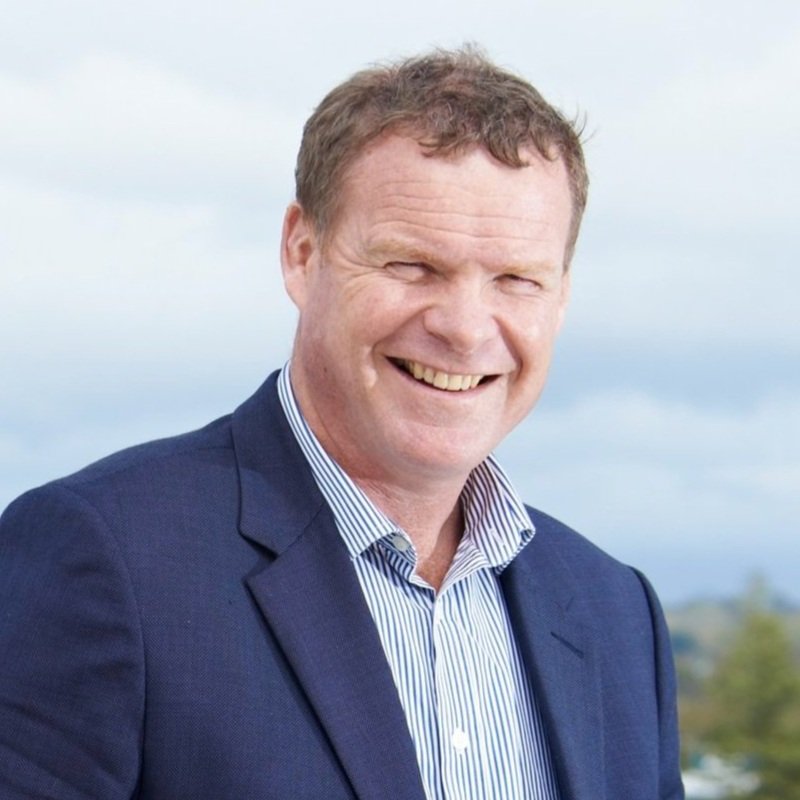
Marine Workstream
Seafood Sector Adaptation Strategy
Kaupapa
Climate change presents a range of existential challenges for our seafood sector. Physical climate impacts such as changing temperatures, ocean acidification, and species migration will change what, where and how marine organisms can be caught and farmed. Transitional factors such as changing consumer preferences, new regulatory settings, and rising fuel costs will likely require innovation on an unprecedented scale for today’s seafood organisations to remain prosperous under tomorrow’s socio-economic conditions.
For the first time, leaders and subject matter experts from government, iwi, industry, banking, research, and environmental NGOs have come together to address these challenges. They have collaborated in the development of this Climate Change Adaptation Strategy for the Seafood Sector, with the aim of enhancing the resilience and adaptive capacity of Aotearoa’s seafood system so that future generations can enjoy a thriving marine environment, blue economy, and seafood community.
About This Strategy
This Seafood Sector Adaptation Strategy is an output of The Aotearoa Circle’s Marine Domain ‘Phase 2’ workstream. It represents the collective, and voluntary, effort of participants in the workstream from February to November 2021.
This adaptation strategy builds upon earlier work by the Marine Domain ‘Phase 1’ workstream, which explored plausible scenarios of climate-related risk and opportunity in the seafood sector (August 2020).
Implementing this adaptation strategy will be an essential step towards safeguarding the cultural, ecological, social, and economic fabric of Aotearoa’s seafood sector in the face of rapid, uncertain change.
The risks posed by climate change are considerable. However, the opportunity to purposefully adapt in ways that bring lasting co-benefits to habitats, ecosystems, communities and businesses could allow Aotearoa’s seafood sector to secure its position as a leading provider of sustainable protein in domestic and international market.
Co-Chairs
The marine workstream has an impressive leadership group assembled to work with the co-chairs, including
-
Maru Samuels is the Tumuaki Rangatira CE of Iwi Collective Partnership (ICP), an innovative seafood collaboration of 19 iwi, and holds numerous iwi Māori governance roles in seafood and fisheries. Maru grew up on Matakana Island which is where he developed his passion for the sea. Maru holds qualifications in resource management law and environmental management, and has whakapapa to Ngāi Te Rangi, NgāiTakoto and Te Rarawa.
-
Dan was appointed to lead the Fisheries New Zealand business unit when it was established in April 2018 and has led changes to better position FNZ to deliver sustainably managed fisheries and aquaculture in a way that benefits all New Zealanders.
Dan was held a range of roles in MPI and its predecessors, traversing the breadth of New Zealand’s primary industries.
Leadership Group
-

Craig Ellison
Acting CEO, Sanford
-
Doug Paulin
CEO, Sealord
-

Gary Hooper
CEO, Aquaculture NZ
-

John Morgan
CEO, NIWA
-

Lisa Te Heuheu
CEO, Te Ohu Kaimoana
-
Dr Kayla Kingdon-Bebb
CEO, WWF
-

Todd Charteris
CEO, Rabobank
-

Volker Kuntzsch
CEO, Cawthron Institute
Past Leadership Group Members
Livia Esterhazy, previously CEO, WWF
Andre Gargiulio, previously CCO, Sanford







